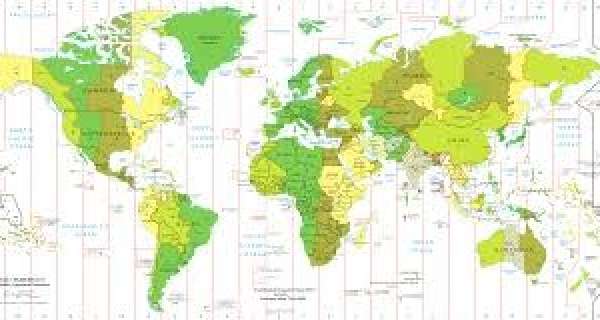The custom came from Germany and dates to a time when primitive people revered trees—particularly evergreens. These trees did not die or fade in winter and seemed to be a sign of immortality. The Christians changed the custom into one honoring Christ.
The northern peoples of Denmark, Sweden, and Norway, where the forests are plentiful, adopted the custom of bringing small trees into their homes at Christmastime.
Trees were not used in English homes until a German prince, Albert of Saxe-Coburg-Gotha, married Queen Victoria. Prince Albert had the first decorated Christmas tree set up at Windsor Castle in 1841.
The first Christmas trees in the New World were introduced by Hessian soldiers in 1776, during the American Revolution. Later on, German immigrants brought the tradition into wider use in the United States.
Many other Christmas decorations used today were once pagan symbols. The Romans used flowers and leafy boughs in their rites. Records show that the Saxons used holly, ivy, and bay in their religious observances. The Druids gave the world the tradition of hanging mistletoe in the house. (Ancient Celtic priests believed the plant to be a sign of hope and peace.)
Why do we have Christmas trees?














